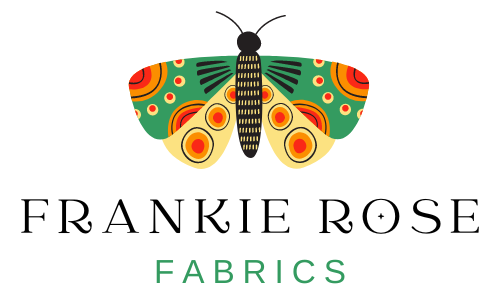Lenzing™ Ecovero™ may not have the catchiest name, but behind the technical-sounding moniker lies one of the most
sustainable and eco-friendly fabrics available today. This type of viscose, similar to rayon fabric, is made from wood pulp sourced from sustainably managed forests around the world. Unlike conventional viscose, however, the production process for Lenzing™ Ecovero™ fabric prioritizes sustainability and worker well being every step of the way.
See our Lenzing Ecovero Fabrics Here.
Sustainable Forestry to Conserve Land and Water
The wood used to make the pulp for this sustainable fabric is harvested from fast-growing trees such as eucalyptus, beech, and spruce that require relatively little water and fertilizer, and can grow in marginal soils. The woodlots where they are grown are managed to minimize soil erosion and protect biodiversity, allowing for regeneration after harvest. These forests from which the wood is sourced are certified by independent third-party organizations such as the Forest Stewardship Council and the Programme for the Endorsement of Forest Certification ensure that they are managed in an environmentally responsible, socially beneficial, and economically viable way.
Protecting Forest Workers Health and Safety
Sustainable forest management practices include provisions to protect the health and safety of forest workers. For example, forests are required to comply with strict social standards that include provisions for worker health and safety, fair labor practices, and community engagement.
A Closed Loop System That Nearly Eliminates Chemical Pollution
Once harvested, the wood is chipped and treated with chemicals to break down the cellulose into a pulp. The pulp is then washed and bleached to remove impurities and improve the quality of the fibers. Lenzing™ has implemented an efficient closed-loop system to address the chemical waste from bleaching and processing the wood pulp for Lenzing™ Ecovero™. The closed-loop system ensures that over 99% of the chemicals used in the production process are recovered and reused. The remaining chemicals are disposed of responsibly according to strict environmental regulations.
The Result: Fluid, Breathable, Beautiful Apparel Fabric
After bleaching, the pulp is spun into yarns and then woven into fabric. The resulting fabric is soft and breathable, with a silky hand and a fluid drape. It is very similar to rayon, and can be made into all the same weaves as rayon: lightweight crepe, silky rayon challis breathable jersey, bottom-weight twill, lustrous satin, and sheer chiffon. Lenzing™ Ecovero™ fibers are used to make some of our favorite premium sustainable fabrics.
Lenzing™ Ecovero's sustainability credentials compare favorably to other eco-friendly fabrics like organic cotton and bamboo. While organic cotton has many advantages over conventional cotton, it still requires significant amounts of water and land to grow. While bamboo has a reputation for being an eco-friendly alternative to conventional cotton, its processing can involve harsh chemicals that can pollute waterways. In comparison, Lenzing™ Ecovero™ fibers are made from more sustainably and ethically grown trees which use less resources to grow, and are processed in a way that produces far less chemical waste.
You can feel good about using Lenzing™ Ecovero™ fabric to create clothing that not only looks and feels great, but also has a positive impact on the environment.

